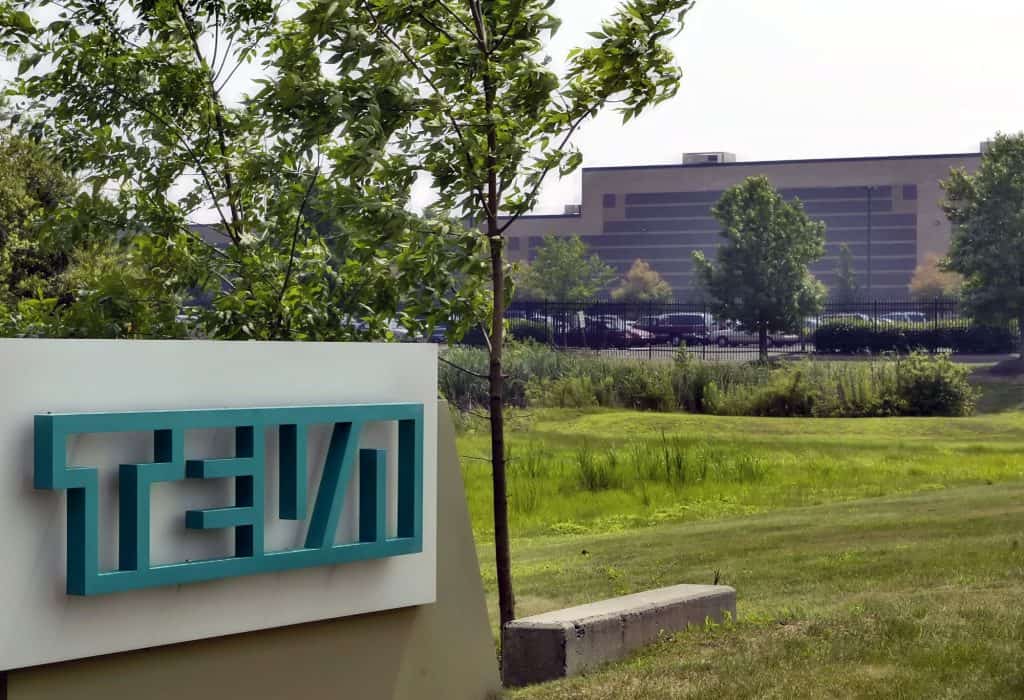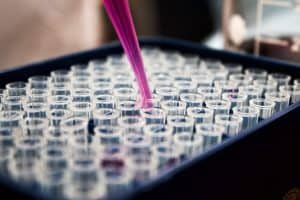
Migraine drug bad news hits a weakened Teva
pharmafile | February 9, 2018 | News story | Medical Communications, Sales and Marketing | CGRP, Teva, biotech, drugs, pharma, pharmaceutical
The cacophony of bad news that Teva has received in 2017 really needs no retelling, anyone following the story of the company’s struggles already knows most of the details.
One new feature to the company is Teva’s President and CEO, Kåre Shultz, who was tasked with the delivering the full year financial reports. It was an unenviable position to be in, as he revealed the dire straits the company is currently in.
GAAP gross profit was down 9% on 2016, at $10.8 billion, while operating loss was up to $17.5 billion. Looking to the future, revenues for 2018 were projected to be between $18.3 and $18.8 billion, lower than analysts had projected revenue could be of around $19.2 billion.
Acknowledging the difficulties the company faces, Schultz said, “2017 was a challenging year for Teva. Starting 2018 we are focused on meeting our financial obligations and ensuring a much more solid and sustainable business model going forward. We are making strong progress on the restructuring plan, and I am optimistic about the progress made and remain confident in our ability to deliver on our targets in the coming year.”
He continued, “Teva remains a recognised world-class leader in global healthcare, delivering unique value through accessible treatments and innovative medicines. By improving our financial profile through stabilisation of our operating profit and cash flow, we will be better positioned to continue serving patients worldwide.”
Compounding the difficulties the company is facing was the news delivered alongside the financials that its CGRP inhibitor drug, part of a potential wave of new treatments, could be delayed due to its API supplier being hit by a CRL.
Celltrion, the supplier, manufacturers an ingredient for fremanezumab but the FDA identified three major failings, within which were further points for improvement of the process for the Incheon, South Korea, based facility.
Shultz pointed out that such issues can take anywhere between six and 18 months to clear up, risking putting Teva’s product far behind the curve of rival approvals. Novartis and Amgen have already filed and Allergan has posted strong Phase 3 data for its oral CGRP inhibitor, with Eli Lilly also releasing Phase 3 results on its own drug.
Teva’s CEO did point out that the company was working on a securing second API supplier but that it would not be able to pick up the slack immediately.
The news is a headache that the company did not need but there is a glimmer of hope – as the production area that produces the ingredients for Teva’s drug is in a separate area from the portion that attracted the FDA’s concern. The company revealed it is in dialogue with the FDA about how this issue may impact approval of its drug.
Ben Hargreaves
Related Content

Sanofi and Teva partner for development of inflammatory bowel disease treatment
Sanofi and Teva Pharmaceuticals have announced that they will collaborate for the co-development and co-commercialisation …

FDA approves IMIDEX’s AI-powered device VisiRad XR
The technological pharmaceutical company IMIDEX has been granted clearance from the US Food and Drug …

Artiva Biotherapeutics announces FDA clearance of IND for AlloNK and Rituximab combo
On 16 August 2023, the US Food and Drug Administration (FDA) officially cleared Artiva Biotherapeutics’ …








